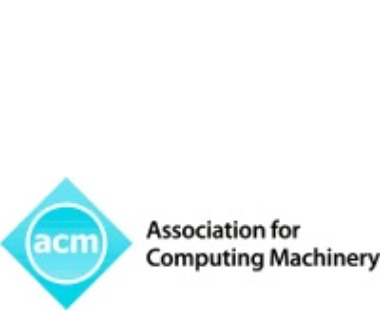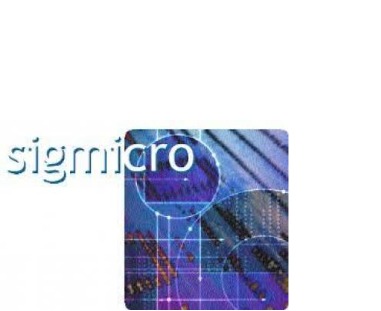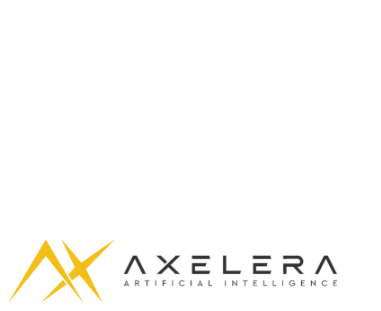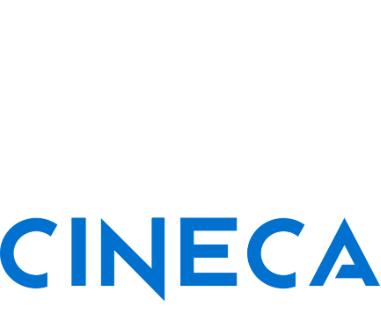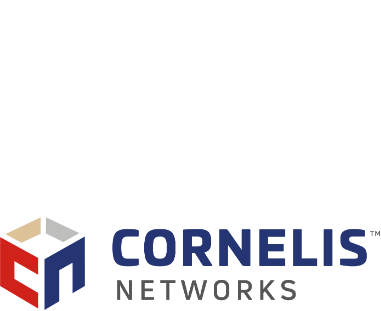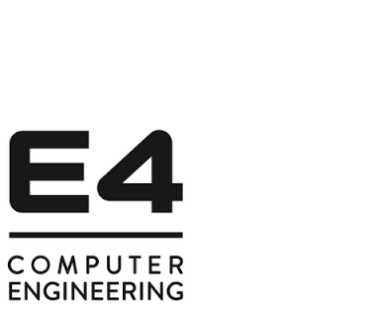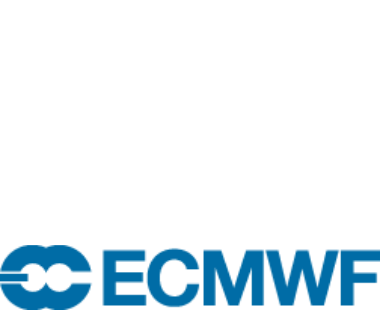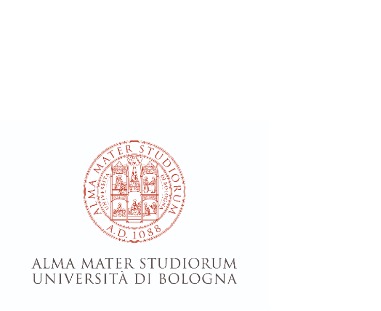Key Dates Full Papers
Paper Submission Deadline
February 3rd February 10th, 2023 (AoE) (Extended)
Author Notification
March 24th, 2023 March 31st, 2023
Final Papers Due
April 7th, 2023 April 14th, 2023 (AoE)
Key Dates Posters
Paper Submission Deadline
March 5th, 2023 March 12th, 2023 (Extended)
Author Notification
March 17th, 2023 March 31st, 2023
Final Submissions Due
April 7th, 2023 April 14th, 2023
Submission
Submit your paper
here
Socials

Previous Conferences
2022
2021,
2020,
2019,
2018,
2017,
2016,
2015,
2014,
2013,
2012,
2011,
2010,
2009,
2008,
2007,
2006,
2005,
2004
General Co-Chairs
Andrea Bartolini
University of Bologna, IT
Kristian Rietveld
Leiden University, NL
For more information, visit the website at
www.computingfrontiers.org

Computing Frontiers 2023 is proud to announce the following keynote
speakers and talks this year:
- Keynote I:
Massimiliano Di Ventra, Professor of Physics, University of California San Diego
MemComputing: Fundamentals and Applications
- Keynote II:
Thomas Ludwig, professor of scientific computing and the director of the German Climate Computing, Universität Hamburg
Computational Climate Science - Less Moore, More Brain
MemComputing: Fundamentals and Applications
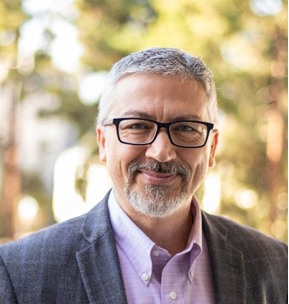 Massimiliano Di Ventra, Professor of Physics, University of California San Diego
Massimiliano Di Ventra, Professor of Physics, University of California San Diego
Abstract:
MemComputing is a new physics-based approach to computation that employs time non-locality (memory) to both process and store information on the same physical location [1]. Its digital version is designed to solve combinatorial optimization problems. A practical realization of digital memcomputing machines (DMMs) can be accomplished via circuits of non-linear dynamical systems with memory engineered so that periodic orbits and chaos can be avoided. A given logic (or algebraic) problem is first mapped into this type of dynamical system whose point attractors represent the solutions of the original problem. A DMM then finds the solution via a succession of elementary avalanches (instantons) whose role is to eliminate configurations of logical inconsistency (‘‘logical defects’’) from the circuit. I will discuss the physics behind MemComputing and show many examples of its applicability to various combinatorial optimization problems, Machine Learning, and Quantum Mechanics, demonstrating its advantages over traditional approaches and even quantum computing. Work supported by DARPA, DOE, NSF, CMRR, and MemComputing, Inc. (http://memcpu.com/).
[1] M. Di Ventra, MemComputing: Fundamentals and Applications (Oxford University Press, 2022).
Bio:
Massimiliano Di Ventra obtained his undergraduate degree in Physics summa cum laude from the University of Trieste (Italy) in 1991 and did his PhD studies at the Swiss Federal Institute of Technology in Lausanne in 1993-1997. He is now professor of Physics at the University of California, San Diego. Di Ventra's research interests are in condensed-matter theory and unconventional computing. He has been invited to deliver more than 300 talks worldwide on these topics. He has published more than 200 papers in refereed journals, 4 textbooks, and has 7 granted patents (3 foreign). He is a fellow of the American Association for the Advancement of Science, the IEEE, the American Physical Society, the Institute of Physics, and a foreign member of Academia Europaea. In 2018 he was named Highly Cited Researcher by Clarivate Analytics, he is the recipient of the 2020 Feynman Prize for theory in Nanotechnology, and is a 2022 IEEE Nanotechnology Council Distinguished Lecturer. He is the co-founder of MemComputing, Inc. (http://memcpu.com/).
Computational Climate Science - Less Moore, More Brain
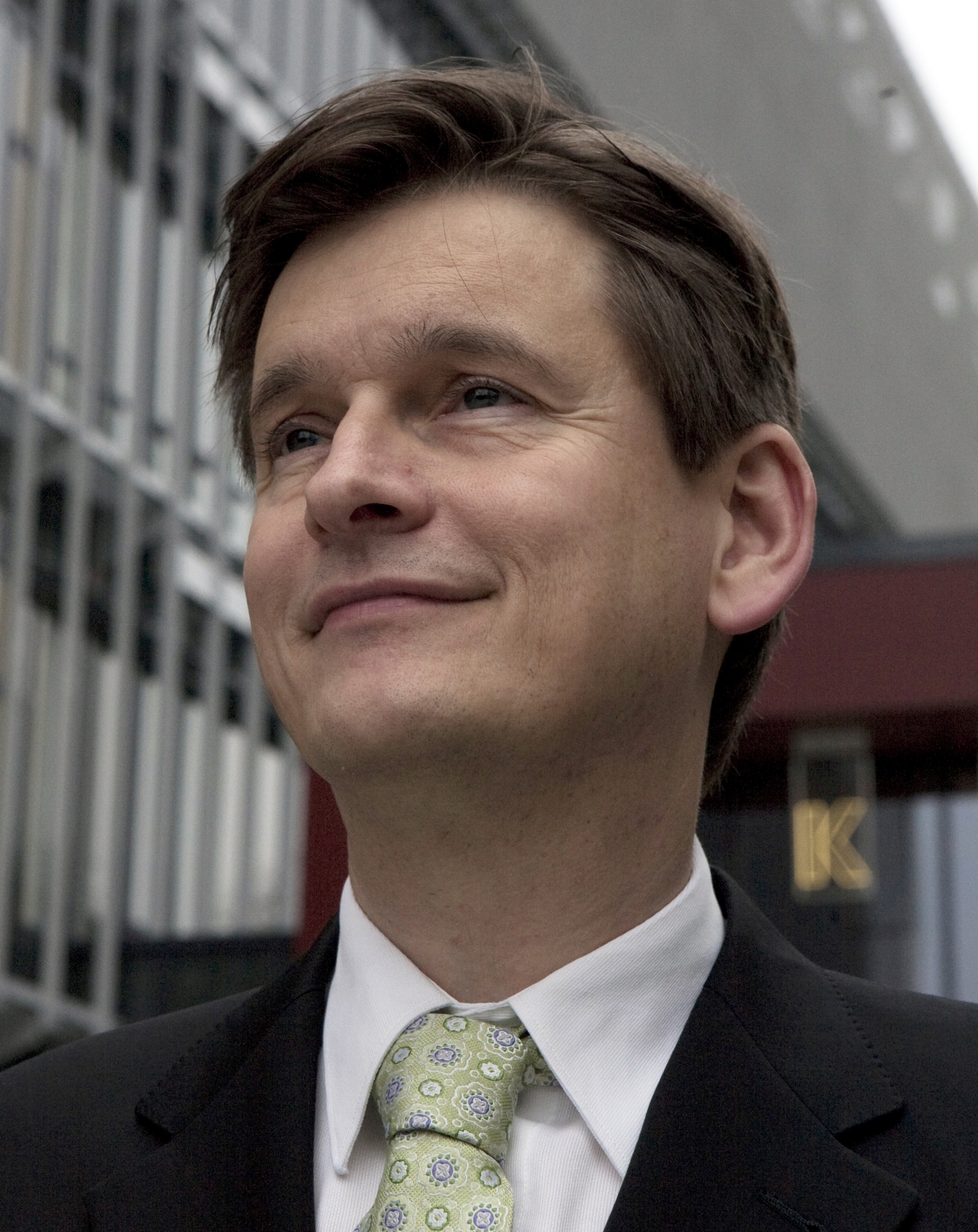 Thomas Ludwig, Professor of Scientific Computing, Universität Hamburg
Thomas Ludwig, Professor of Scientific Computing, Universität Hamburg
Abstract:
Computational climate science depends on ever stronger high performance computers combined with high volume data storage. However, the development of new technology slows down. The fast increase in computational performance that we were used to is no longer possible with current semiconductor technology.
The talk will address the requirements of computational climate science and the current bottlenecks that limit science. We will discuss the latest trends in the field of high performance computing and have a look on the future of HPC systems.
Recently, the method of machine learning also gets deployed in climate science, too. We will see how this might help us to more efficiently use existing and upcoming hardware. As Moore´s law is dead for semiconductors, perhaps machine learning will bring us the necessary speedup.
Bio:
Thomas Ludwig is a professor for scientific computing at the Universität Hamburg,
Hamburg, Germany. At the same time he is the director of the German Climate Computing
Centre (DKRZ) in Hamburg. His research focus as a professor is on high performance
storage systems (parallel I/O, parallel file systems), energy efficiency with high
performance computing and reproducibility with numerical simulations.
As director of DKRZ he takes the responsibility to provide the
climate research community with high computational power, considerable storage space
and sophisticated services. Thomas Ludwig received his doctoral degree from Technische
Universität München, Germany, in 1992. He received the habilitation degree in 1998 at the
same university. From 2001 to 2009 he held a professor position at the Universtät
Heidelberg, Germany. Thomas Ludwig works in HPC since 1987 and has published more
than 200 papers.


 Massimiliano Di Ventra, Professor of Physics, University of California San Diego
Massimiliano Di Ventra, Professor of Physics, University of California San Diego
 Thomas Ludwig, Professor of Scientific Computing, Universität Hamburg
Thomas Ludwig, Professor of Scientific Computing, Universität Hamburg
